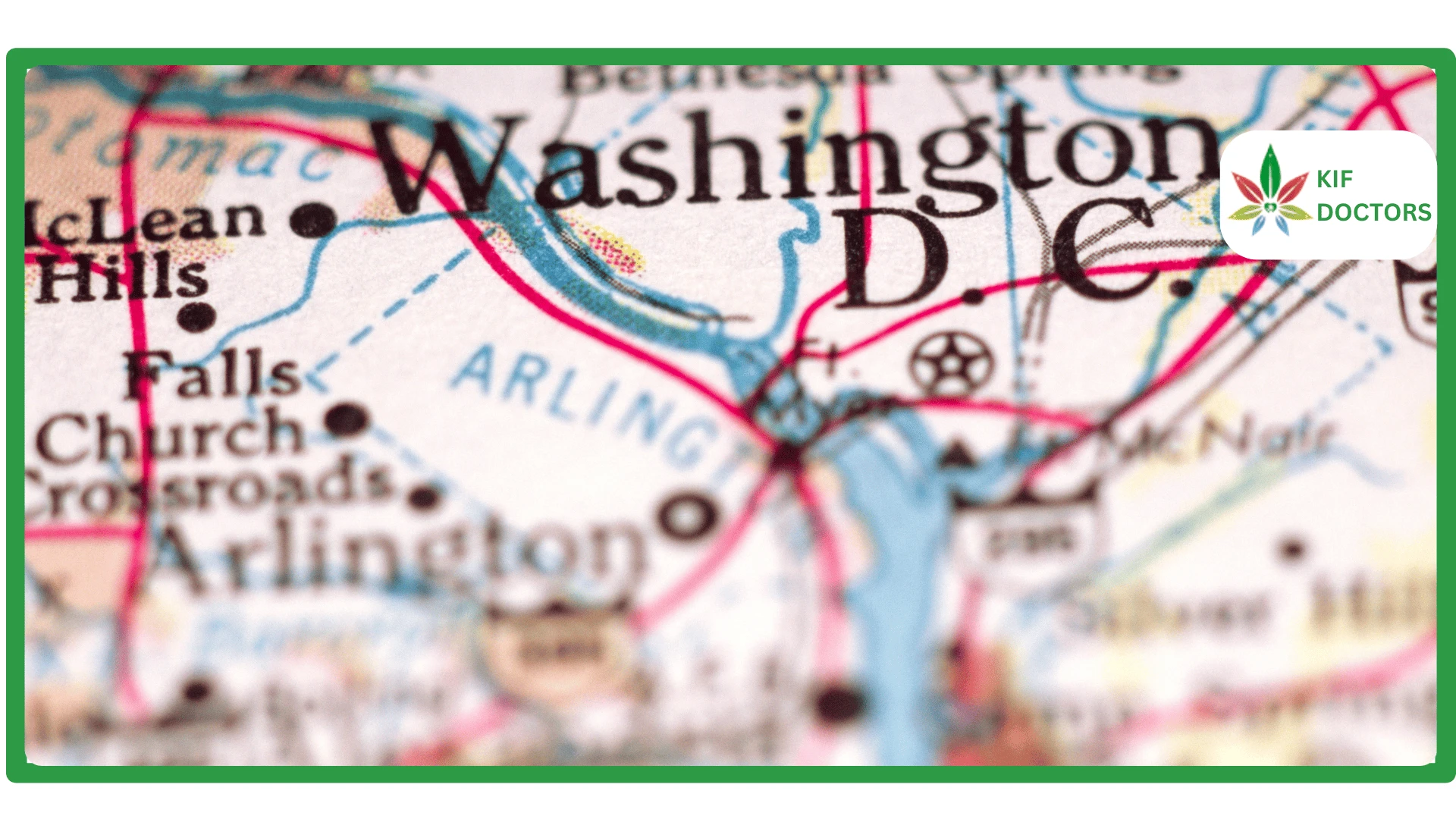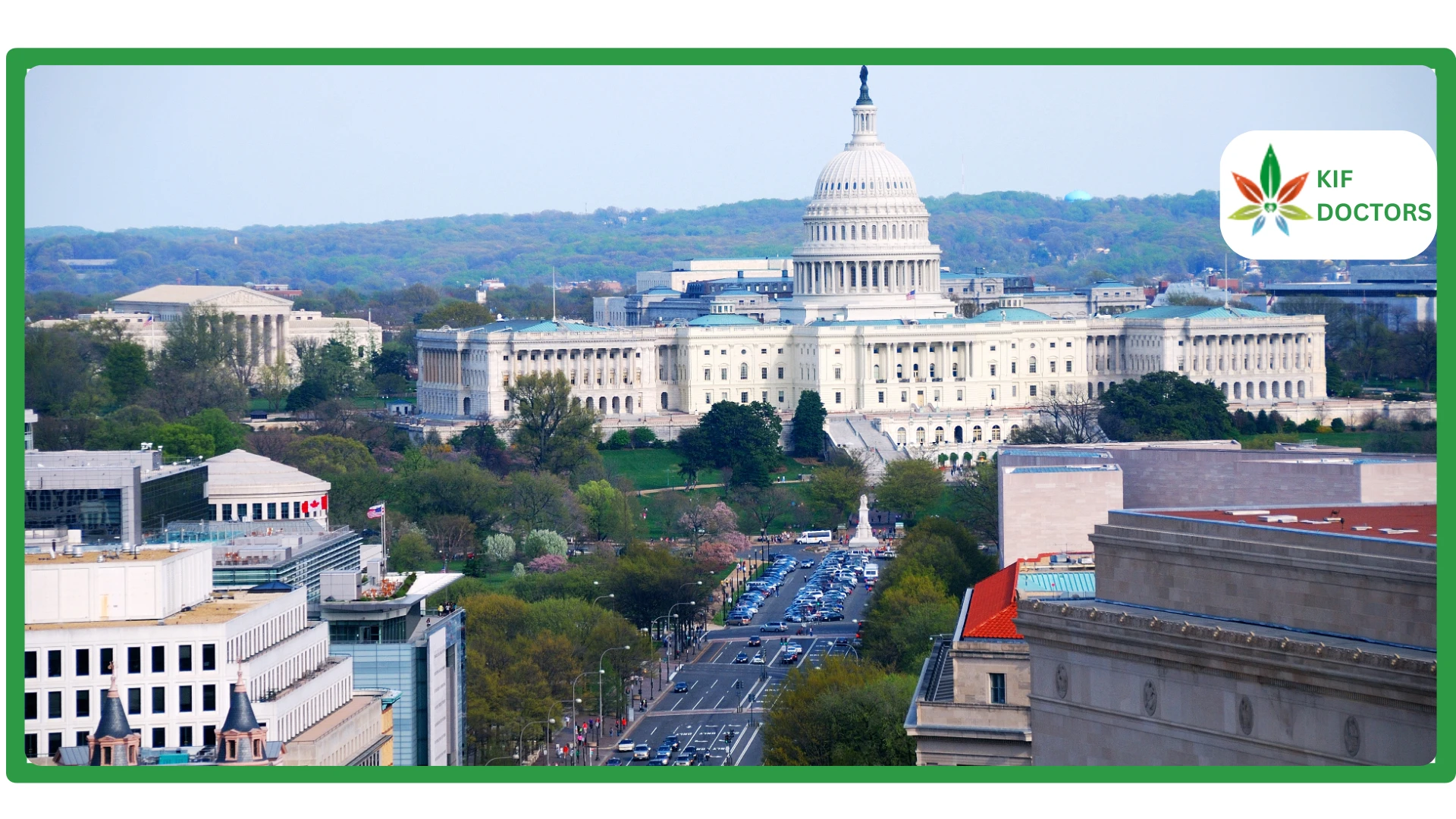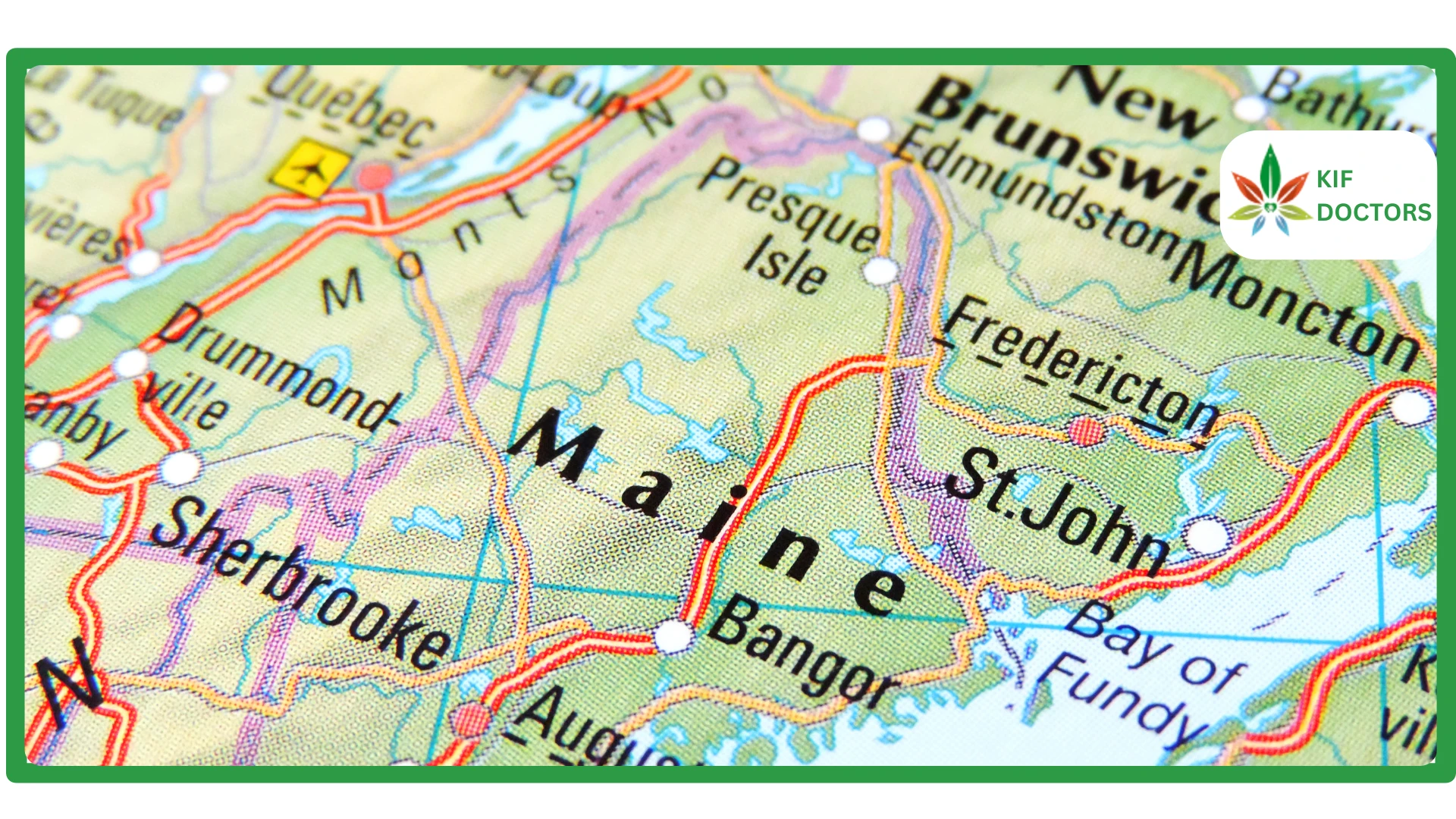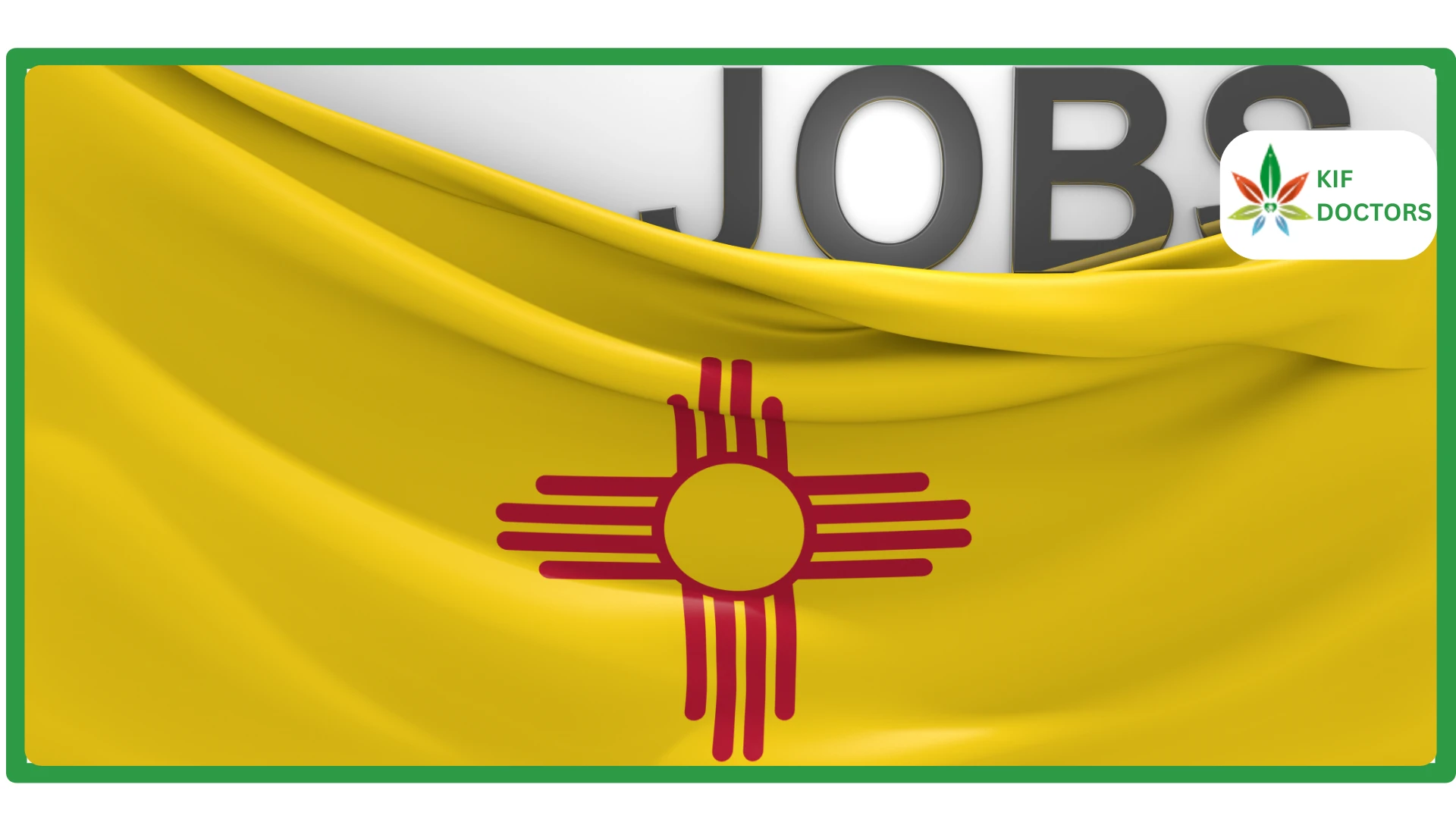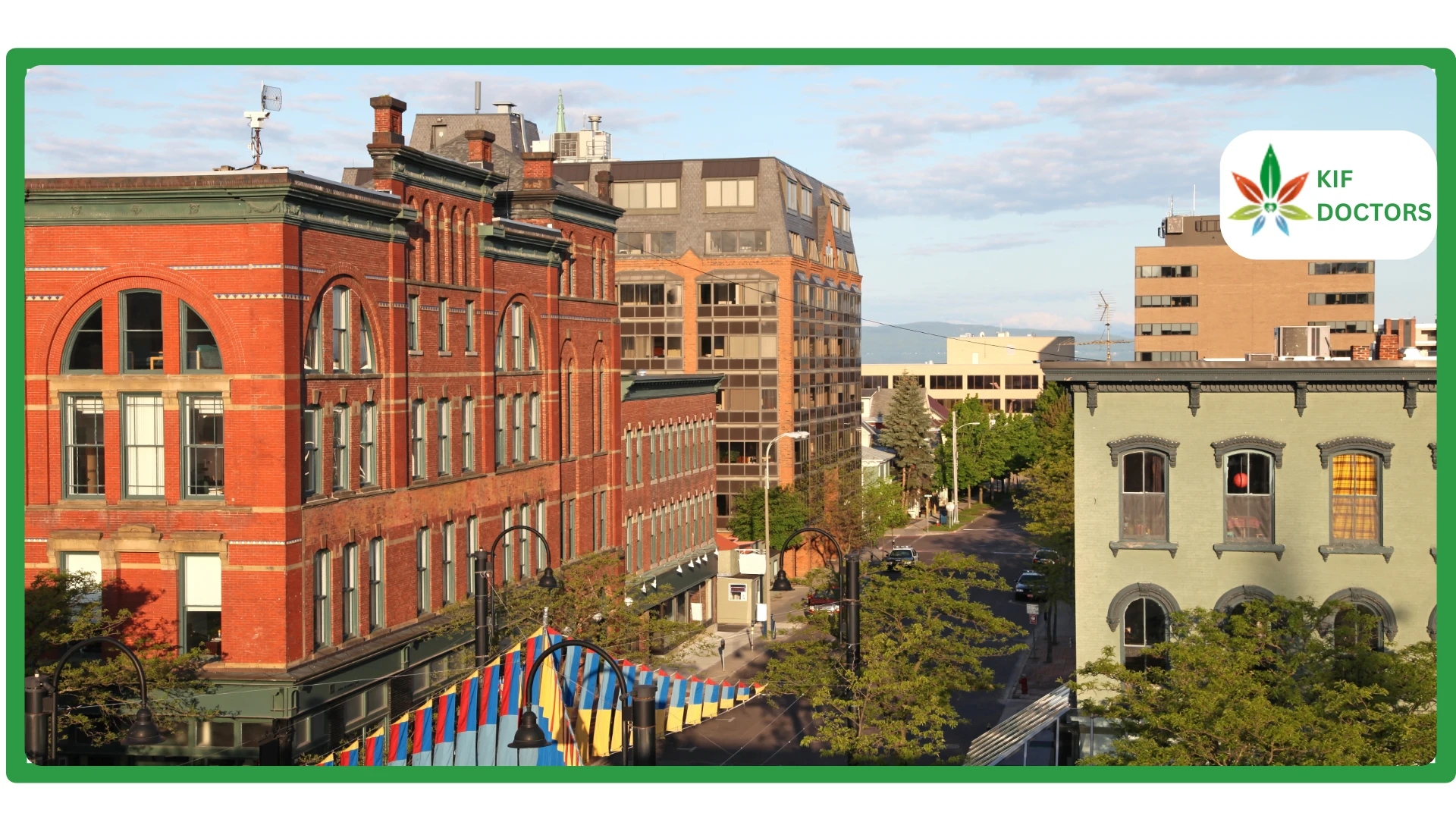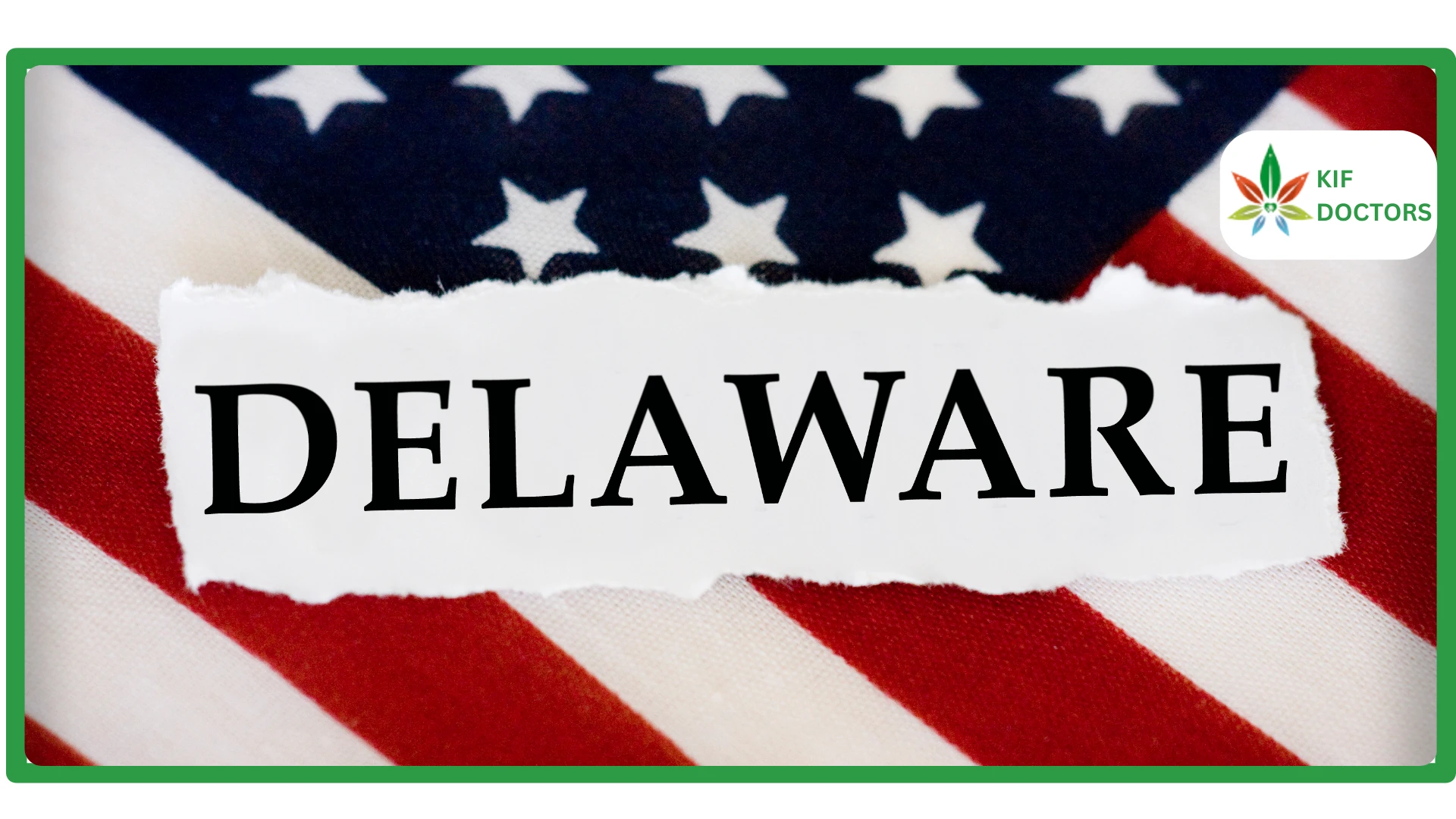Rhode Island has been a pioneer in embracing medical marijuana, offering patients with debilitating conditions access to cannabis as a treatment option. Since the state’s medical marijuana program began in 2006, thousands of Rhode Islanders have obtained medical cannabis cards to manage symptoms ranging from chronic pain to cancer-related nausea. With a well-established program, a growing number of dispensaries, and progressive policies, Rhode Island stands out as a leader in the Northeast for medical cannabis access. This comprehensive guide covers everything you need to know about Rhode Island’s medical marijuana program, including how to get a card, qualifying conditions, dispensary options, legal protections, and what the future holds for cannabis in the state.
Overview of Rhode Island’s Medical Marijuana Program
Rhode Island’s medical marijuana program, officially known as the Edward O. Hawkins and Thomas C. Slater Medical Marijuana Act, was enacted in 2006 and has since expanded to meet patient needs. Overseen by the Rhode Island Department of Health (RIDOH) and the Department of Business Regulation (DBR), the program allows registered patients to purchase cannabis from state-licensed compassion centers (dispensaries) or grow their own under strict guidelines. The state also permits reciprocity, meaning out-of-state medical marijuana patients can purchase cannabis in Rhode Island under certain conditions.
Unlike some states with restrictive programs, Rhode Island allows a wide range of cannabis products, including flower, edibles, tinctures, oils, concentrates, and topicals. Patients can possess up to 2.5 ounces of usable marijuana and cultivate up to 12 mature plants and 12 immature plants at home, provided they follow regulations. The program’s flexibility has made it a model for other states, though navigating the system still requires understanding its rules and processes.
Qualifying Conditions for a Medical Marijuana Card
To qualify for a medical marijuana card in Rhode Island, patients must have a debilitating medical condition certified by a licensed healthcare provider. The state’s list of qualifying conditions is broad, reflecting a commitment to ensuring access for those in need. Approved conditions include:
- Cancer or its treatment-related symptoms (e.g., nausea, cachexia)
- Glaucoma
- HIV/AIDS
- Hepatitis C
- Chronic or debilitating pain unresponsive to conventional treatments
- Severe nausea
- Seizures, including those caused by epilepsy
- Severe muscle spasms, such as those associated with multiple sclerosis
- Alzheimer’s disease with agitation
- Post-traumatic stress disorder (PTSD)
- Autism spectrum disorder with severe behaviors
- Crohn’s disease
- Any other condition approved by the RIDOH on a case-by-case basis
The inclusion of chronic pain and PTSD has significantly expanded eligibility, as these conditions affect a large portion of the population. For patients with conditions not explicitly listed, the RIDOH allows physicians to petition for approval, provided there’s sufficient medical evidence supporting cannabis as a treatment.
How to Get a Medical Marijuana Card in Rhode Island
Obtaining a medical marijuana card in Rhode Island is a straightforward process, but it requires careful attention to detail. Here’s a step-by-step guide to help you navigate the application process:
- Consult a Licensed Healthcare Provider: Schedule an appointment with a Rhode Island-lic неправильный HTML-код, исправлю его и продолжу статью с учетом всех требований.```html
Medical Marijuana in Rhode Island: How to Get a Card and More
Rhode Island has been a pioneer in embracing medical marijuana, offering patients with debilitating conditions access to cannabis as a treatment option. Since the state’s medical marijuana program began in 2006, thousands of Rhode Islanders have obtained medical cannabis cards to manage symptoms ranging from chronic pain to cancer-related nausea. With a well-established program, a growing number of dispensaries, and progressive policies, Rhode Island stands out as a leader in the Northeast for medical cannabis access. This comprehensive guide covers everything you need to know about Rhode Island’s medical marijuana program, including how to get a card, qualifying conditions, dispensary options, legal protections, and what the future holds for cannabis in the state.
Overview of Rhode Island’s Medical Marijuana Program
Rhode Island’s medical marijuana program, officially known as the Edward O. Hawkins and Thomas C. Slater Medical Marijuana Act, was enacted in 2006 and has since expanded to meet patient needs. Overseen by the Rhode Island Department of Health (RIDOH) and the Department of Business Regulation (DBR), the program allows registered patients to purchase cannabis from state-licensed compassion centers (dispensaries) or grow their own under strict guidelines. The state also permits reciprocity, meaning out-of-state medical marijuana patients can purchase cannabis in Rhode Island under certain conditions.
Unlike some states with restrictive programs, Rhode Island allows a wide range of cannabis products, including flower, edibles, tinctures, oils, concentrates, and topicals. Patients can possess up to 2.5 ounces of usable marijuana and cultivate up to 12 mature plants and 12 immature plants at home, provided they follow regulations. The program’s flexibility has made it a model for other states, though navigating the system still requires understanding its rules and processes.
Qualifying Conditions for a Medical Marijuana Card
To qualify for a medical marijuana card in Rhode Island, patients must have a debilitating medical condition certified by a licensed healthcare provider. The state’s list of qualifying conditions is broad, reflecting a commitment to ensuring access for those in need. Approved conditions include:
- Cancer or its treatment-related symptoms (e.g., nausea, cachexia)
- Glaucoma
- HIV/AIDS
- Hepatitis C
- Chronic or debilitating pain unresponsive to conventional treatments
- Severe nausea
- Seizures, including those caused by epilepsy
- Severe muscle spasms, such as those associated with multiple sclerosis
- Alzheimer’s disease with agitation
- Post-traumatic stress disorder (PTSD)
- Autism spectrum disorder with severe behaviors
- Crohn’s disease
- Any other condition approved by the RIDOH on a case-by-case basis
The inclusion of chronic pain and PTSD has significantly expanded eligibility, as these conditions affect a large portion of the population. For patients with conditions not explicitly listed, the RIDOH allows physicians to petition for approval, provided there’s sufficient medical evidence supporting cannabis as a treatment.
How to Get a Medical Marijuana Card in Rhode Island
Obtaining a medical marijuana card in Rhode Island is a straightforward process, but it requires careful attention to detail. Here’s a step-by-step guide to help you navigate the application process:
- Consult a Licensed Healthcare Provider: Schedule an appointment with a Rhode Island-licensed physician, nurse practitioner, or physician assistant. They must certify that you have a qualifying condition and that medical cannabis is an appropriate treatment. The provider will complete a Practitioner Written Certification Form, which is required for your application.
- Gather Required Documents: Prepare proof of Rhode Island residency (e.g., driver’s license, utility bill, or lease agreement), a recent passport-style photo, and the completed certification form. If applying for a reduced fee, include proof of enrollment in Medicaid, Supplemental Security Income (SSI), or Social Security Disability Insurance (SSDI).
- Submit the Application: Complete the Medical Marijuana Patient Application Form, available on the RIDOH website. Submit it, along with your documents, a $50 application fee (or $25 for qualifying low-income patients), and the certification form, to the RIDOH. Applications can be mailed or submitted in person.
- Wait for Approval: The RIDOH typically processes applications within 14 business days. If approved, you’ll receive a medical marijuana card valid for one year. Minors under 18 require a parent or guardian to act as a caregiver and submit a separate caregiver application.
- Access Cannabis: With your card, you can purchase medical cannabis at one of Rhode Island’s three licensed compassion centers or cultivate your own plants within state limits.
For a streamlined experience, services like Kif Doctors offer online evaluations to connect patients with certified providers. I always recommend going for a Medical Marijuana Card Online Instantly to simplify the process and ensure quick access to relief.
Caregivers, who assist minors or patients unable to manage their own cannabis, must also apply for a card. They need to submit a caregiver application, pass a background check, and pay a $50 fee (or $25 for low-income applicants). Caregivers can serve up to five patients and are subject to the same possession and cultivation limits as patients.
Costs and Financial Assistance
The cost of obtaining a medical marijuana card includes the application fee ($50 or $25 for low-income patients) and the cost of the physician visit, which can range from $100 to $200, depending on the provider. Some patients may qualify for financial assistance through dispensaries or nonprofit organizations. Additionally, medical cannabis purchases are subject to a 7% sales tax and a 4% surcharge, which can add up for patients with frequent needs. Unlike some states, Rhode Island does not currently offer state-funded subsidies for medical cannabis, so patients should budget accordingly.
Where to Purchase Medical Marijuana in Rhode Island
Rhode Island has three licensed compassion centers, each offering a variety of cannabis products tailored to medical patients. These dispensaries are regulated by the DBR and must adhere to strict quality and safety standards. The compassion centers are:
- Thomas C. Slater Compassion Center (Providence): The state’s first dispensary, offering flower, edibles, concentrates, and more.
- Greenleaf Compassionate Care Center (Portsmouth): Known for its patient-focused services and wide product selection.
- Summit Medical Compassion Center (Warwick): Provides personalized consultations and a range of cannabis products.
Each center employs knowledgeable staff to help patients select products based on their conditions and preferences. Patients can expect to find high-quality cannabis tested for potency and contaminants, ensuring safety and efficacy. Some dispensaries offer delivery services for registered patients, making access easier for those with mobility issues.
In addition to compassion centers, Rhode Island allows patients to purchase cannabis from licensed retail stores, which serve both medical and recreational customers since adult-use sales began in December 2022. However, medical patients benefit from priority access at dispensaries, lower taxes (no 3% cannabis excise tax applied to medical purchases), and higher
 Since 2021, Kif offers a streamlined platform to get a medical marijuana card online. We have served more than 45K patients across the United States. Sign Up Now to get the right to use medical cannabis for your health condition without any delay.
Since 2021, Kif offers a streamlined platform to get a medical marijuana card online. We have served more than 45K patients across the United States. Sign Up Now to get the right to use medical cannabis for your health condition without any delay.


















